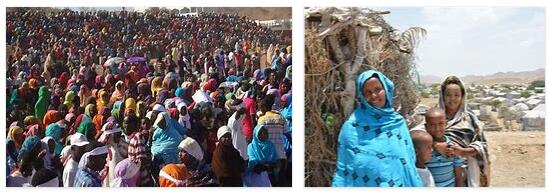Djibouti Facts and History
Djibouti – a gem in the Horn of Africa Djibouti – with an area of 23,200 km² and a population of only around 800,000, the country is one of the rather small countries in Africa. It is located in East Africa on the so-called Horn of Africa on the Red Sea and on the Gulf […]
Continue Reading
